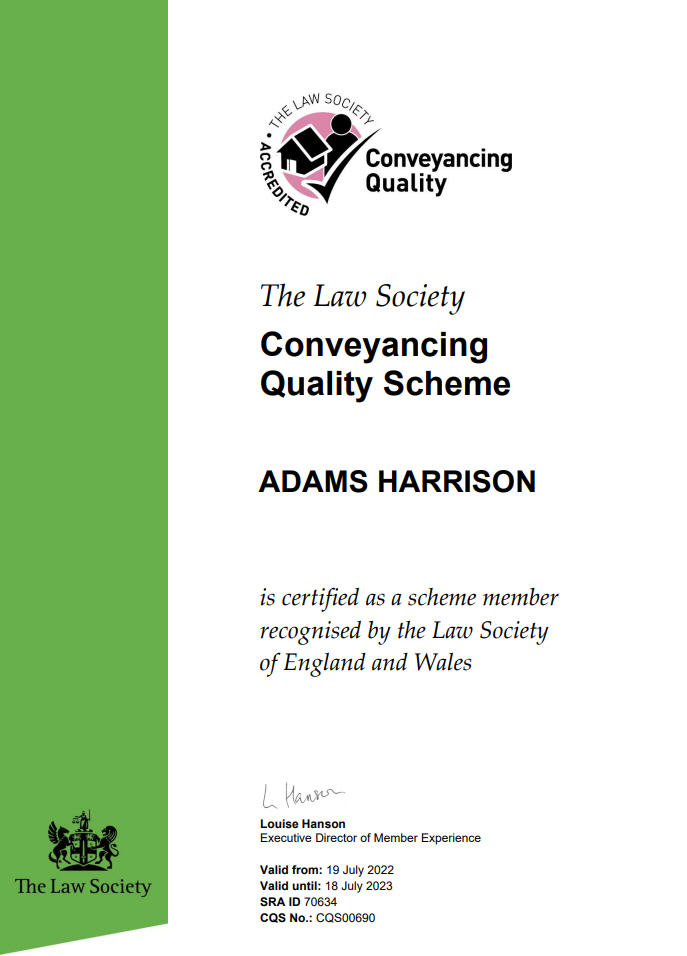Following the death of Queen Elizabeth II our managing partner, Jennifer Carpenter reflects on the monarch’s role in the justice system:
Historically the monarch was a key figure for the enforcement of law and establishing a justice system. However, in modern times the monarch as Sovereign has a symbolic role only. The monarch is the figure in whose name justice is carried out and law and order maintained. They are not actually involved in the administration of justice.
The monarch promulgates the law. This means that they formally order that laws can be made.
The most senior of barristers are appointed as Queen’s Counsel (QC) and now as a result of King Charles III’s reign will be known once again as King’s Counsel (KC) as was the case during the reign of the Queen’s father, King George. A KC is appointed by invitation from the King following a rigorous application process. There are currently about 1,900 QCs that immediately became KCs following King Charles III taking over the throne.
The Royal Coat of Arms that came into being in 1399 is used by the reigning monarch and appears in courtrooms in England and Wales. Lawyers and court officials bow to the judge or magistrates when they enter court. This is because they are bowing to the Royal Coat of Arms to show respect for the King’s Justices as all Judges and Magistrates technically are.
An oath of allegiance is made by all Judges, Magistrates and Tribunal members to the reigning monarch. They also make a judicial oath when they are sworn in.















